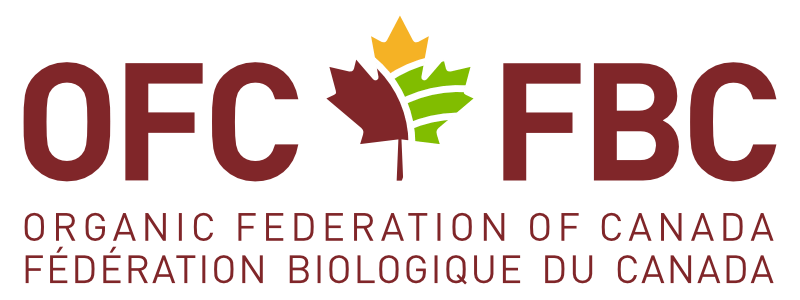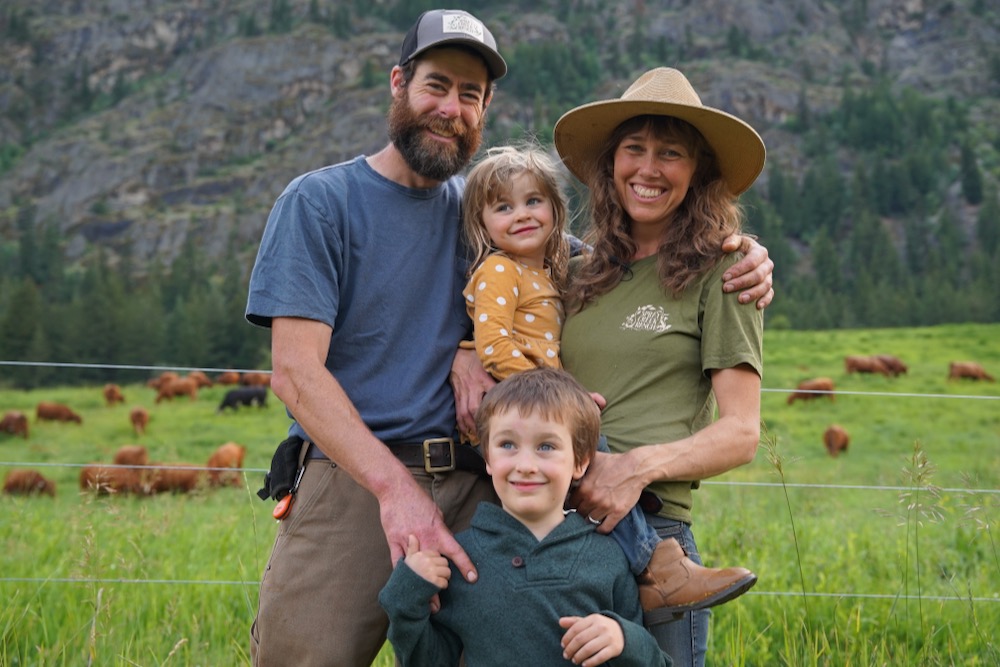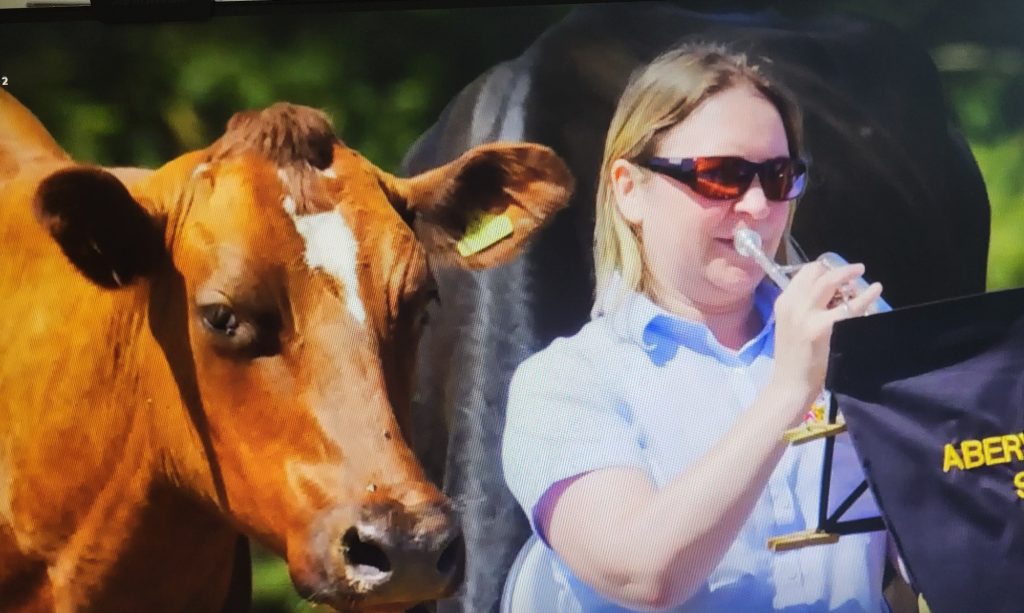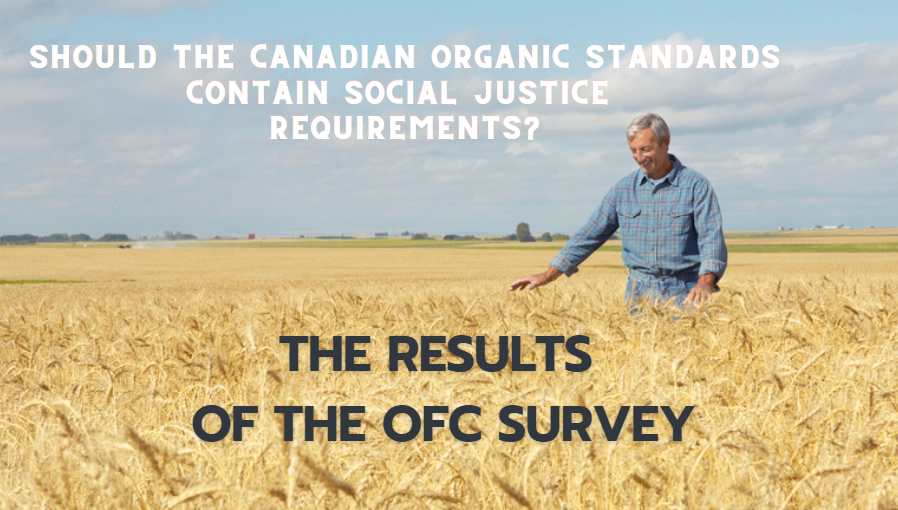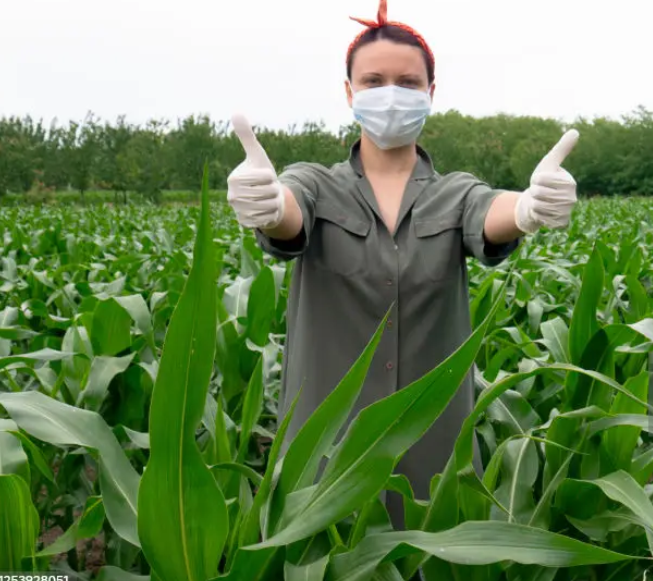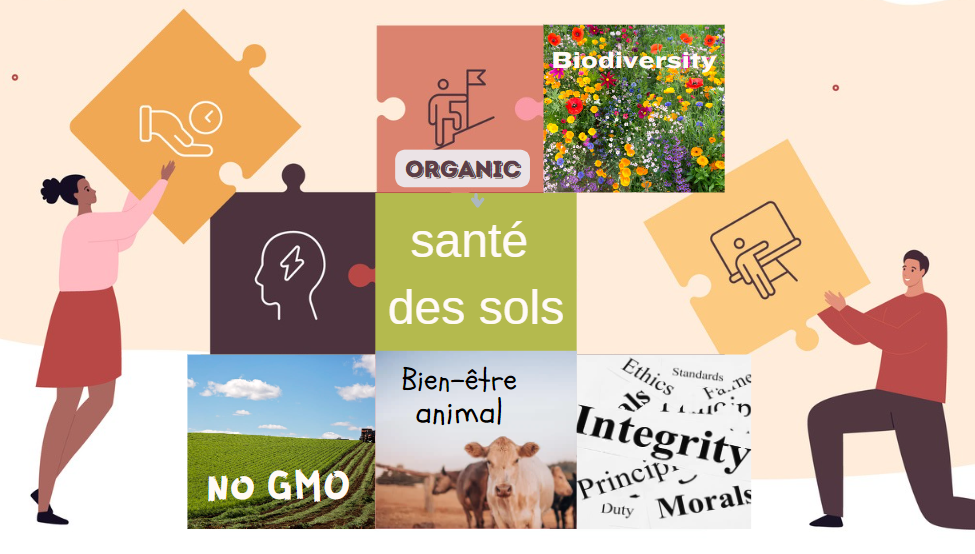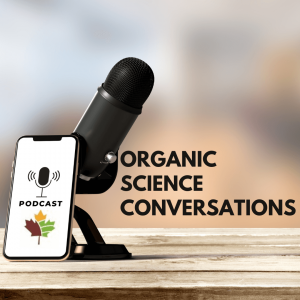SeedChange has supported Organic Science Cluster (OSC) projects since 2013 with significant contributions to research programs focused on participatory plant breeding. The Organic Federation of Canada interviewed SeedChange’s Aabir Dey who is the Director of their Canadian Field Program and the Bauta Family Initiative on Canadian Seed Security.
SeedChange was founded in 1945, originally known as the Unitarian Service Committee of Canada (USC Canada), and is one of the oldest philanthropic organizations in the country. What began as foreign aid post WWII has evolved over the decades into an international network supporting food sovereignty and sustainability. Their mandate is to work with farmers to save, share and develop seed varieties, enhance biodiversity, and to help strengthen climate resilient food systems around the world. SeedChange currently works with 40,000 farmers across 12 different countries supporting farmer led solutions for climate and agrobiodiversity challenges. Drawing on their international experience helped to launch the Bauta Family Initiative on Canadian Seed Security, with the goal of increasing the quality, quantity, and diversity of seeds for organic farming.
SeedChange helps to fund participatory plant breeding research through OSC 3 activities 3 and 11. Participatory plant breeding is a term used for plant breeding programs where farmers are the main drivers, working collaboratively with researchers and other stakeholders to develop new crop varieties, as opposed to varieties being produced in a research environment alone.
Activity 3, Evaluation of farmer-selected wheat, oat and potato genotypes under organic production in Eastern and Western Canada, is a continuing OSC research activity and builds off of the work of Dr. Martin Entz at the University of Manitoba. Over 50 farmers have engaged in the selection and improving new populations of wheat, oat, and potato genotypes specific to organic production. No other seed variety research activity has involved farmers so intimately in the plant breeding process. The current phase of this activity involves evaluating the performance of farmer selections under organic conditions. These activities “work directly with farmers to develop new varieties”, says Dey. The principles underpinning this research are intrinsic to SeedChange’s approach, which believes that “farmers should have autonomy over their growing choices and take an active part in variety selection and the development process”. As Dey explains, “farmers and Indigenous communities have been breeding plants this way for millennia. No one knows the field better than those that work the land”.
Activity 11, Participatory variety trialing and breeding for commercial organic vegetable growers and seed producers in Canada, is similar to activity 3 in design, but focuses on organic vegetable crop production. One of the main differences between these two research activities is the complex commercialization process that exists for grains (i.e., variety registration), but not for vegetable seed. Dey notes that for vegetable seed, ‘the path to commercialization is much easier.”
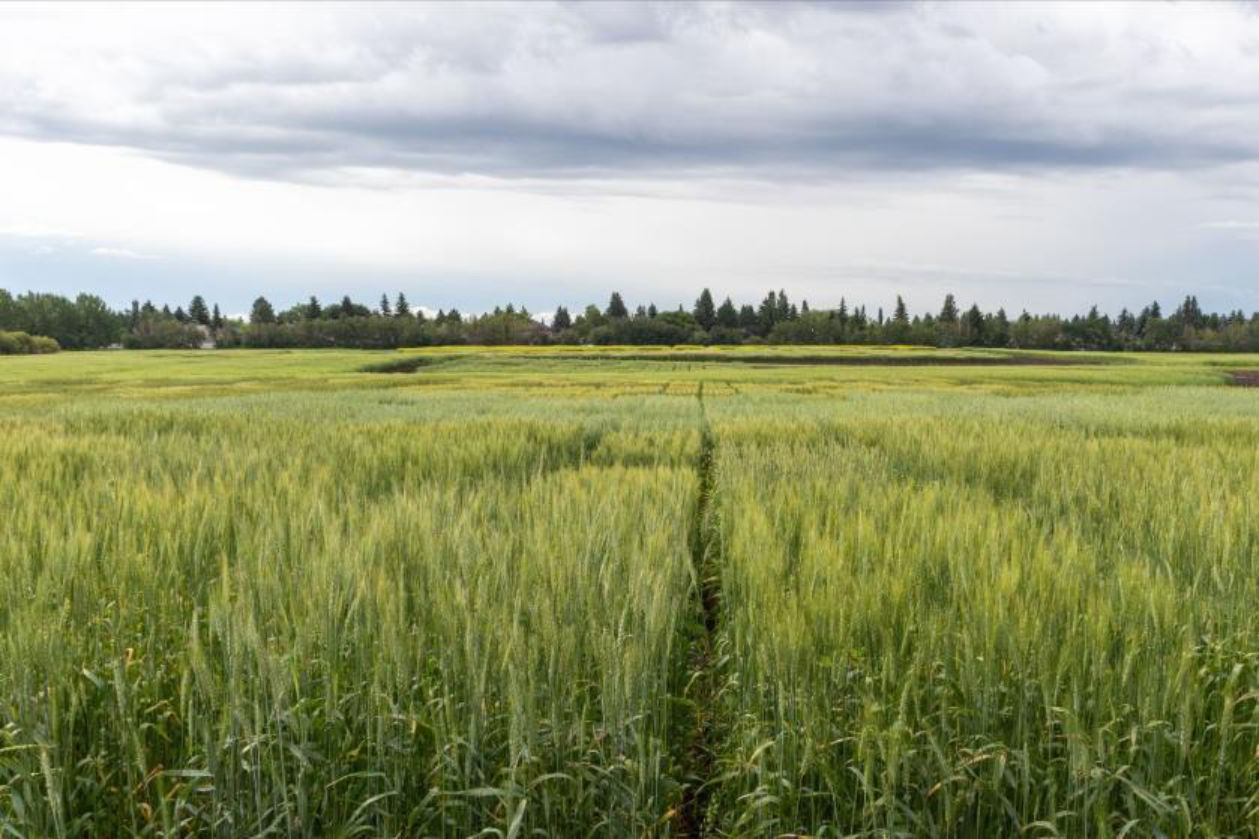
Farmer-bred selections of organic wheat being evaluated at the University of Alberta.
(Photo Credit: Tierra Stokes)
While there is significant merit to having such a stringent control system, the cost and regulatory procedures involved in registering new grain varieties means that it is very expensive to participate in. “This limits the accessibility to farmers who may not have the capital to jump into that process”, says Dey. The opportunity to participate in OSC research activities and funding supplied to these activities through organizations like SeedChange makes farmer-led initiatives possible, meaning the varieties being developed are ones that work in the field and are responsive to the needs of the farmers who bred them.
To develop participatory plant breeding projects, farmers are supplied with genetically diverse varieties, and then select seeds from the best performing populations to produce and breed new varieties on their farms year after year. The next stage is to then evaluate the performance of those varieties under organic conditions, by setting up research plots to test against other varieties and see how well they are performing.
One of the most compelling aspects of participatory plant breeding is these activities “democratize resources across a wide number of farmers” enabling farmers to be more engaged in the variety development process.
“The finished variety is not necessarily the indicator of success, but capacity building. Farmers have earned skills on how to engage in good variety selection and plant breeding” allowing them to continue to develop varieties that are adapted to their environments.
When asked what projects Dey hopes to see in OSC4, he emphasizes the need for “continued investments in organic plant breeding. Acknowledging the time frame for plant breeding efforts is so important for the continuation of this research”. He also stresses the effectiveness of using participatory plant breeding models. “Over three Cluster projects Seed Change has invested 1.3 million since 2013, which has enabled dozens of farmers to test dozens of lines of different varieties. When you split that cost over ten years, that investment breaks down to $100,000 per year”, says Dey. Conventional plant breeding programs in comparison, can cost upwards of 1 million in the development of just a single variety.
Dey hopes that participatory plant breeding can be used to shape agricultural systems in the future. These models “encourage a variety of different scales of farmers participating in diversified agriculture”. Diversified farming means that farmers are not dependent on a single crop for their income, lessening risk and increasing resilience, both economically and ecologically. “The future of agriculture should be both climate resilient and farmer-led”, says Dey. “Diversity needs to be highlighted, and the changes that it can lead to in all aspects of farming”. By encouraging a more diversified mandate in organic farming, we can help create an industry that is both adaptable and resilient. Organic research into participatory plant breeding plays a pivotal role in encouraging on-farm diversity as we look to the future – not only through the development of new seed varieties, but also by giving farmers the tools and techniques to grow their operations in a sustainable way.
OSC Participatory Plant Breeding activities have been developing each year! In 2019:
- Oat varieties selected by farmers advanced into the Prairie registration evaluation system
- Five farmer selected wheat lines were subjected to seed increases at the University of Manitoba research farm. This allowed farmer-selected lines to be evaluated under larger scale organic production, and provided more seed supply for the 2020 on-farm planting season.
- Activity 11 saw the variety trial network expand to include the Prairies region. There was an increase in farmer sign-ups and interest in participating in variety trials.

Aabir Dey is the Director of Seed Change’s Canadian Field Program for the Bauta Initiative on Canadian Seed Security
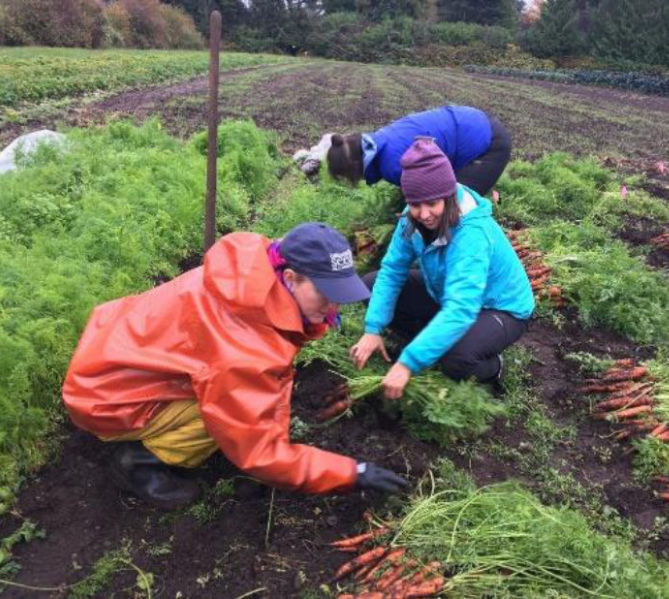
Research partners at the University of British Columbia evaluating hundreds of carrots from a new Canadian breeding line. (Photo Credit: Chris Thoreau)
Organizations like SeedChange help make organic research and the work of the Organic Science Clusters possible. To find out more about SeedChange and the Bauta Family Initiative on Canadian Seed Security visit www.weseedchange.org and www.seedsecurity.ca.


